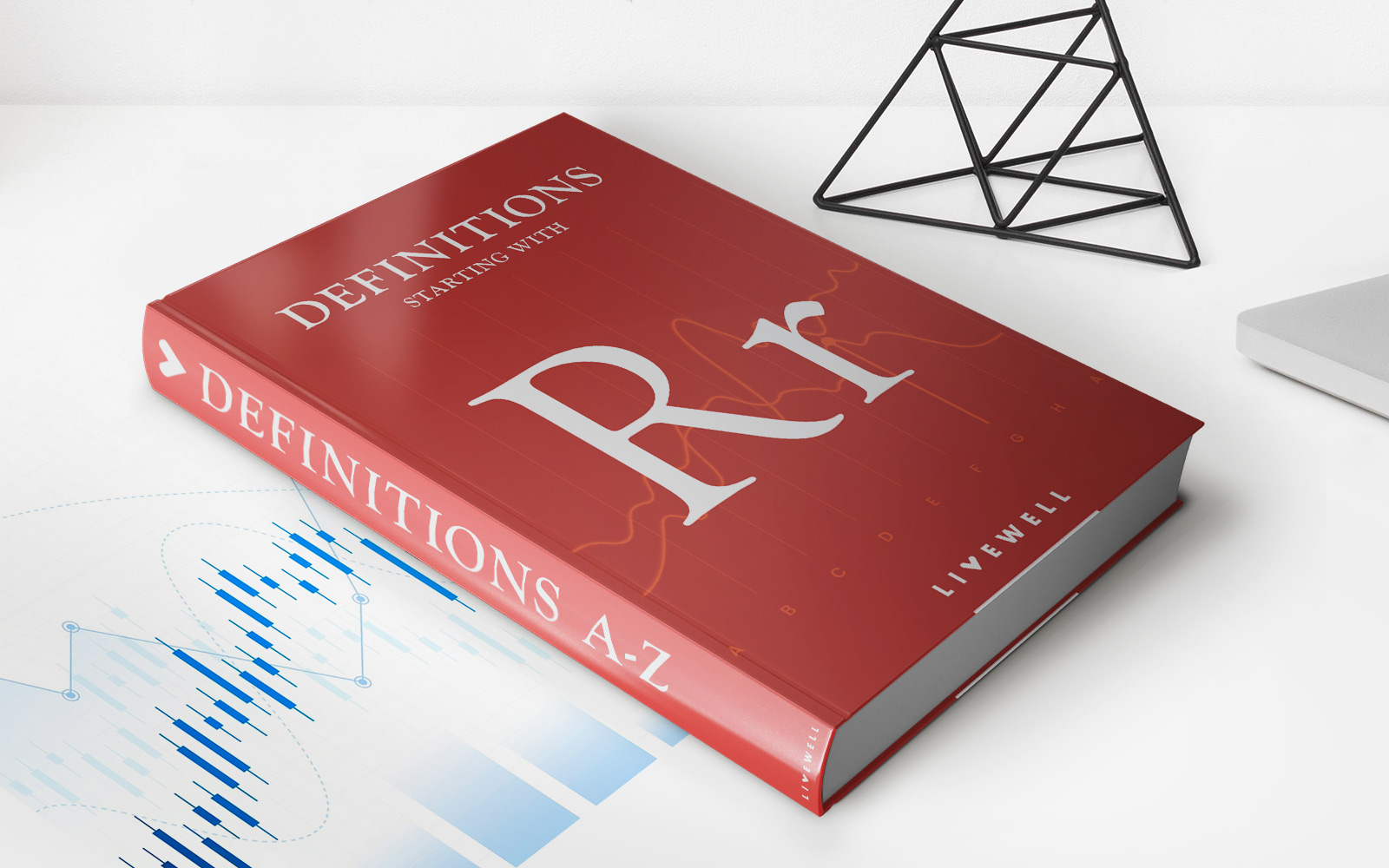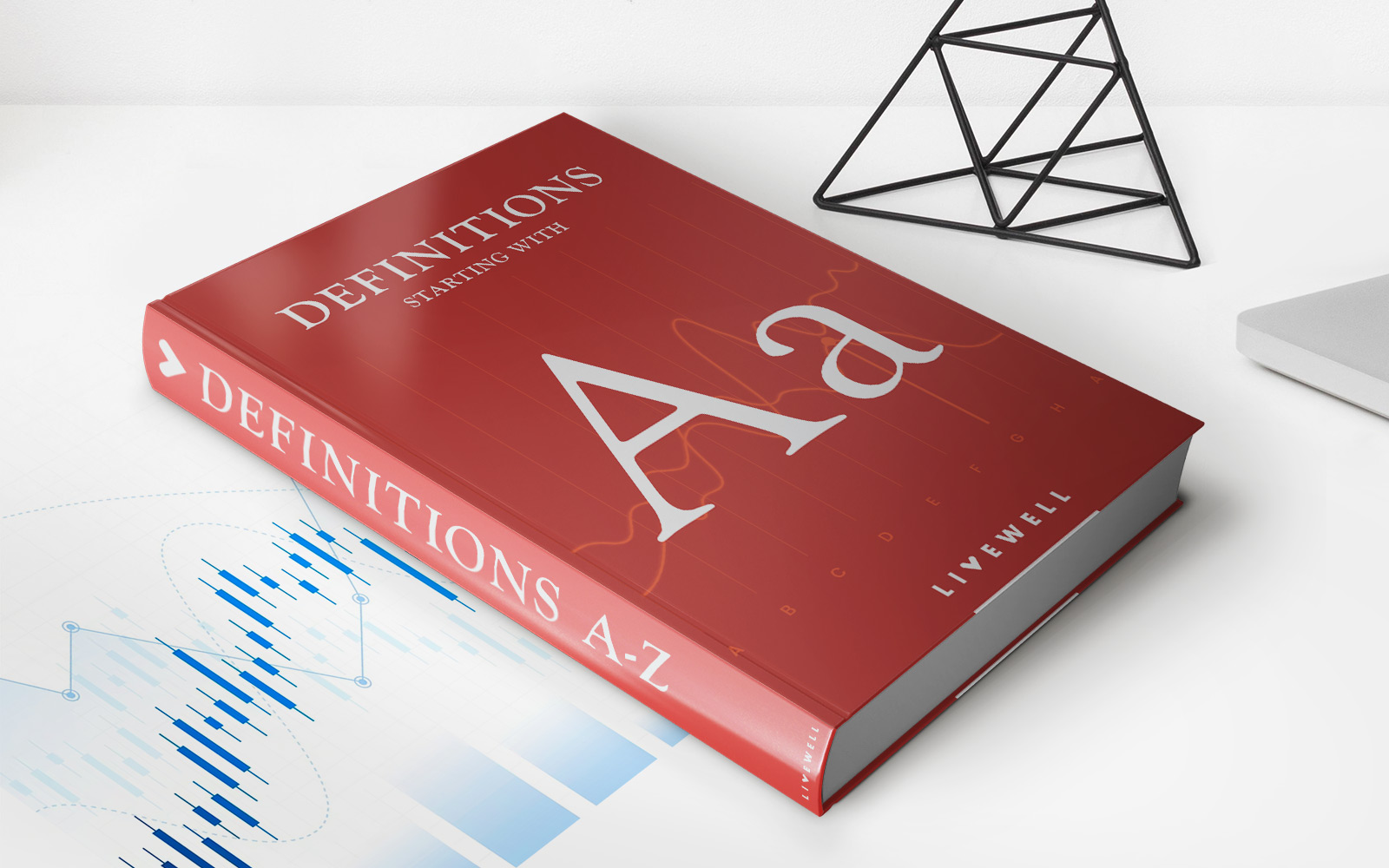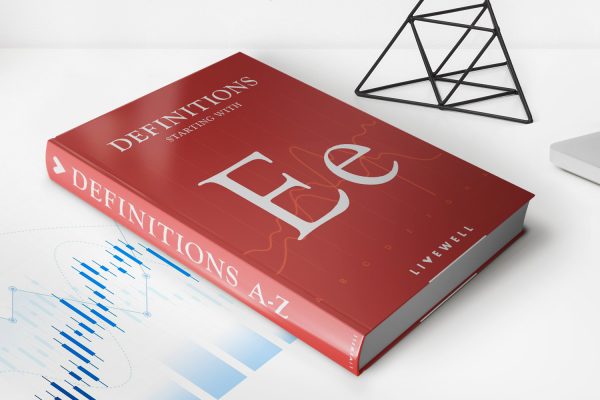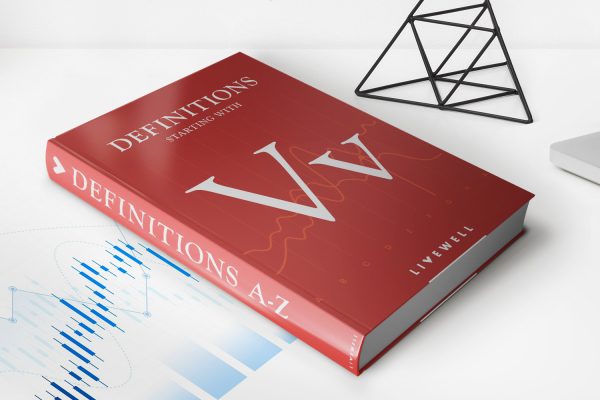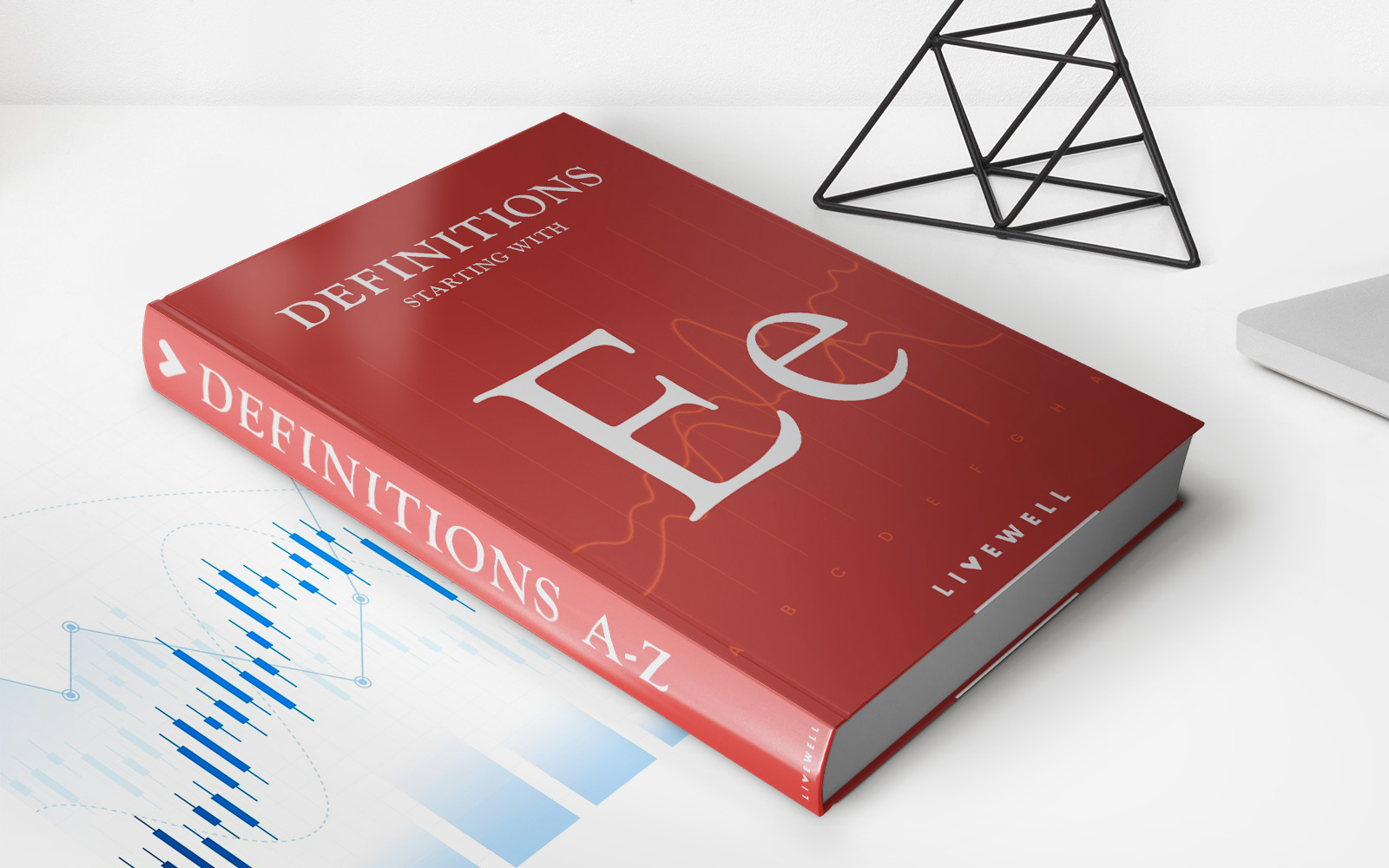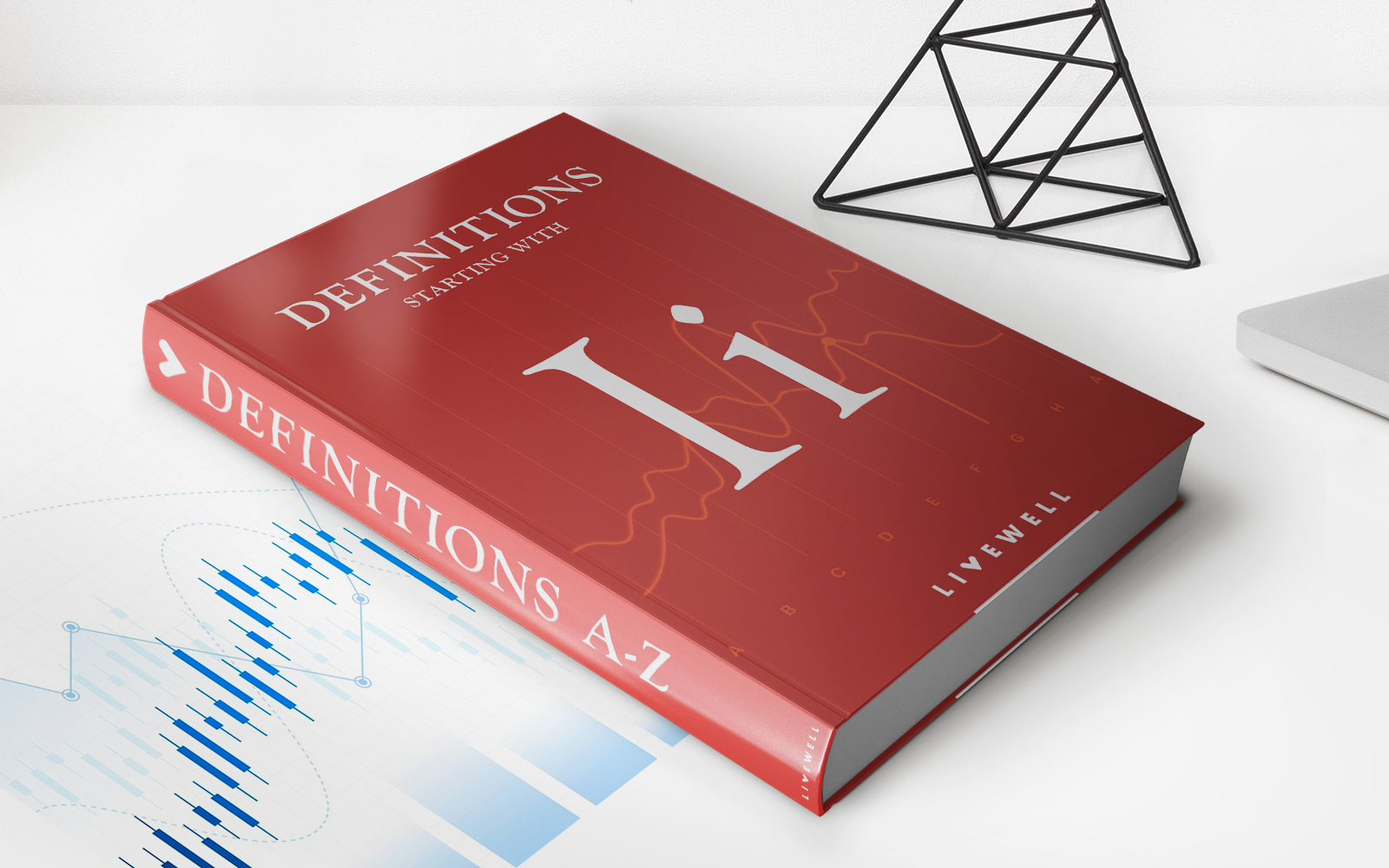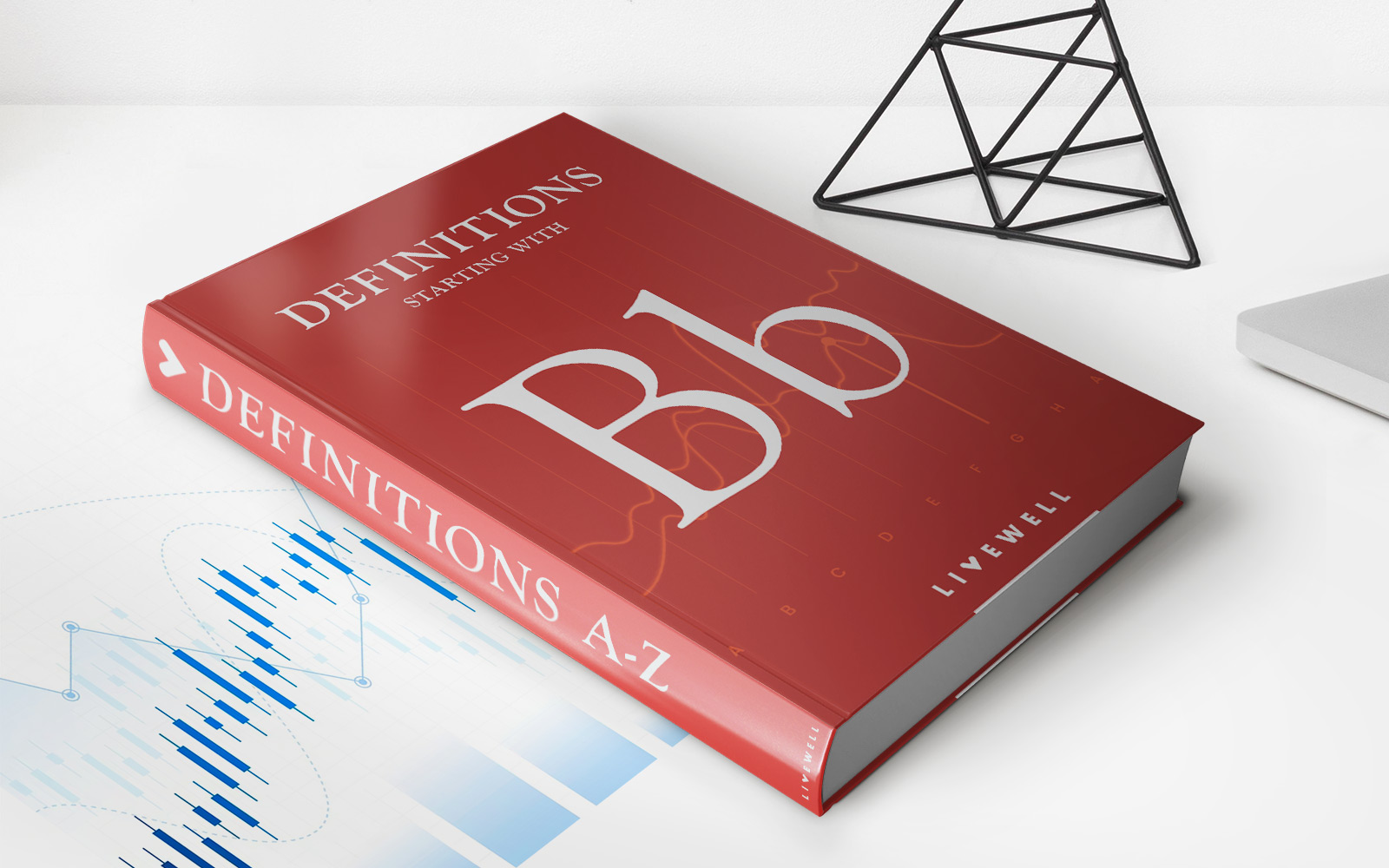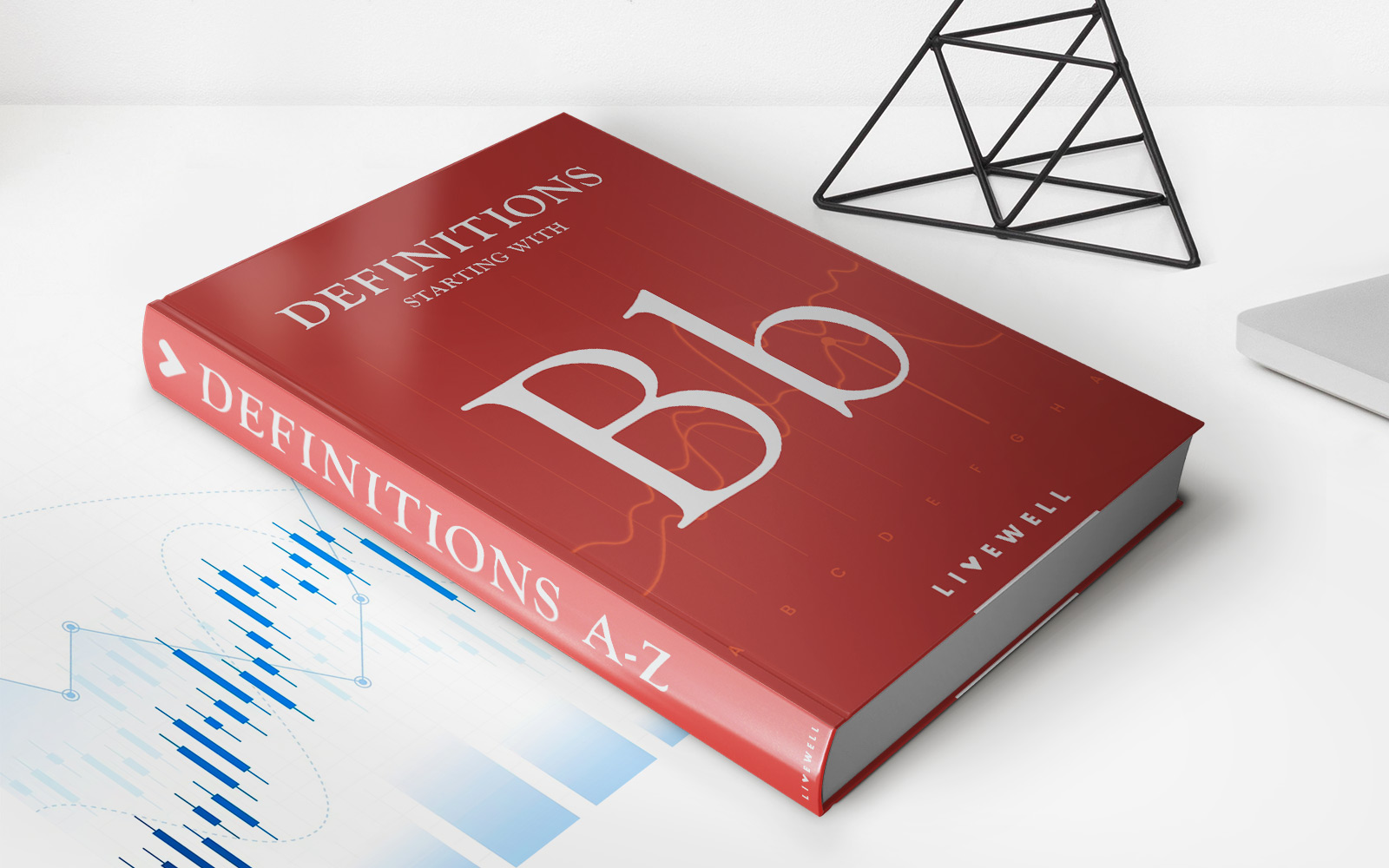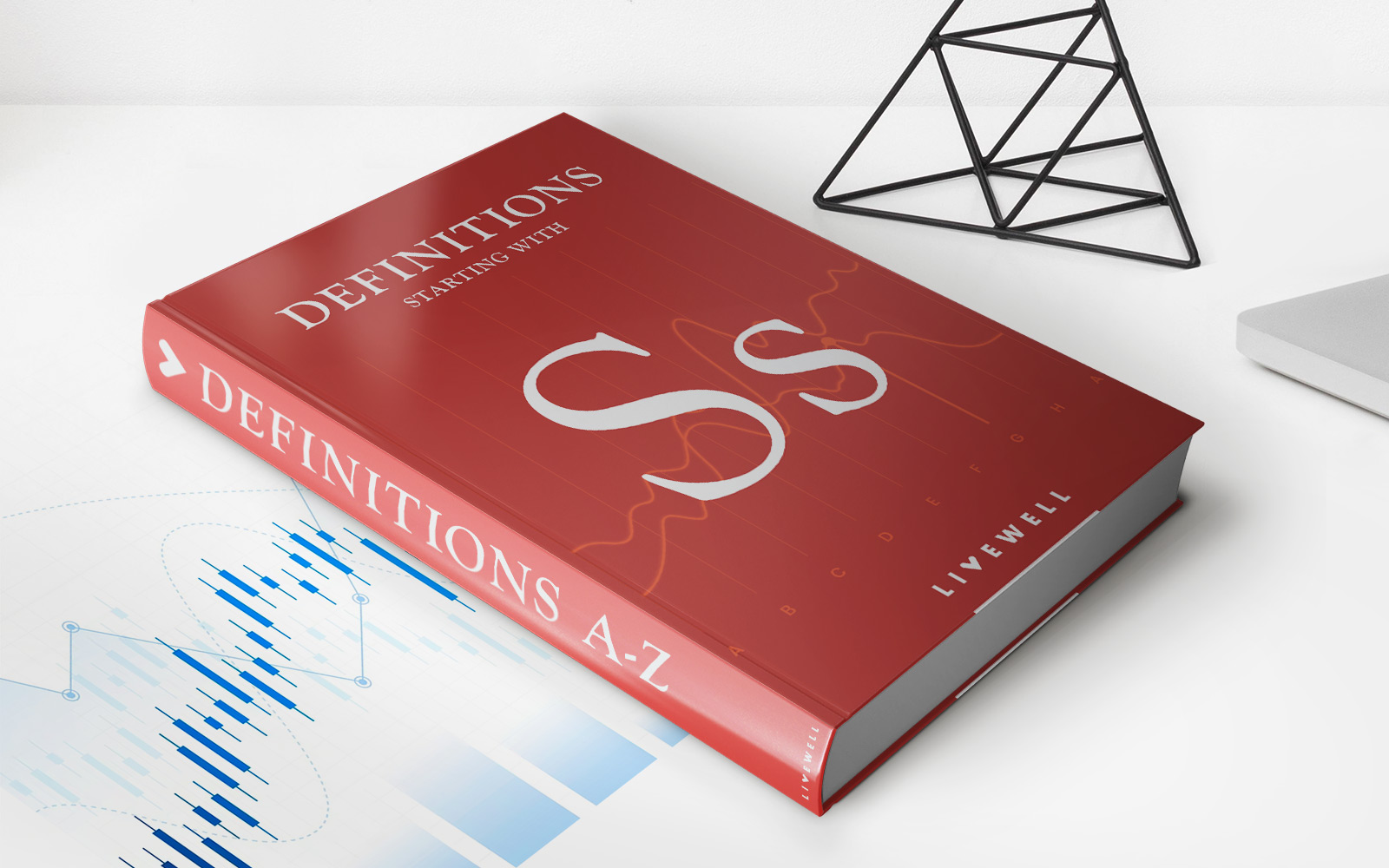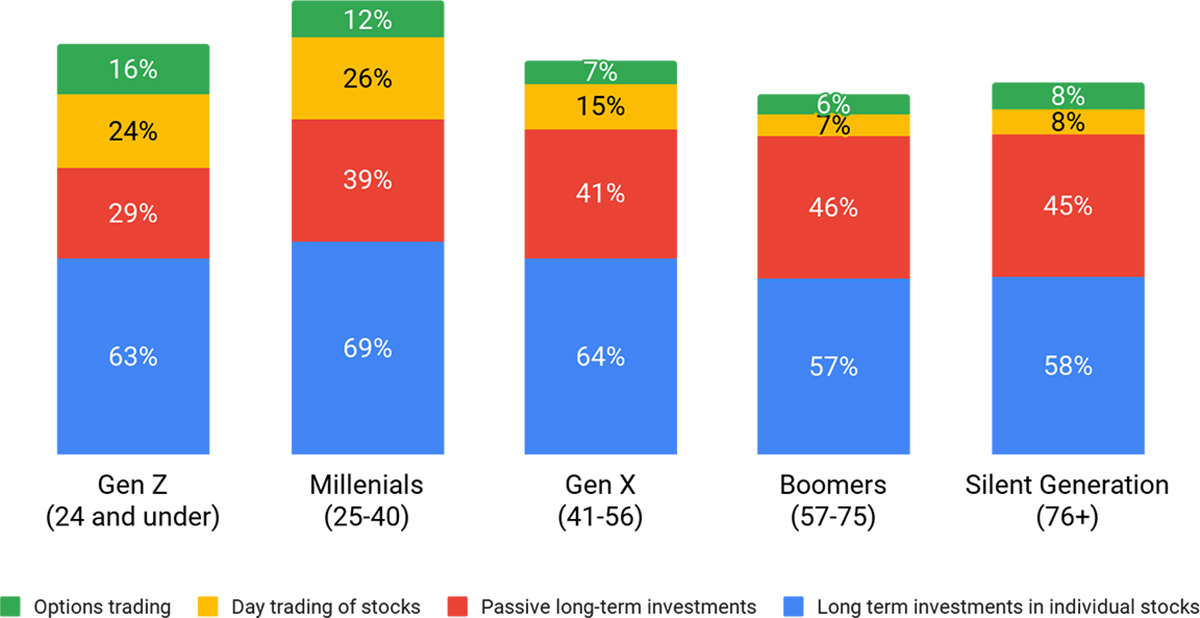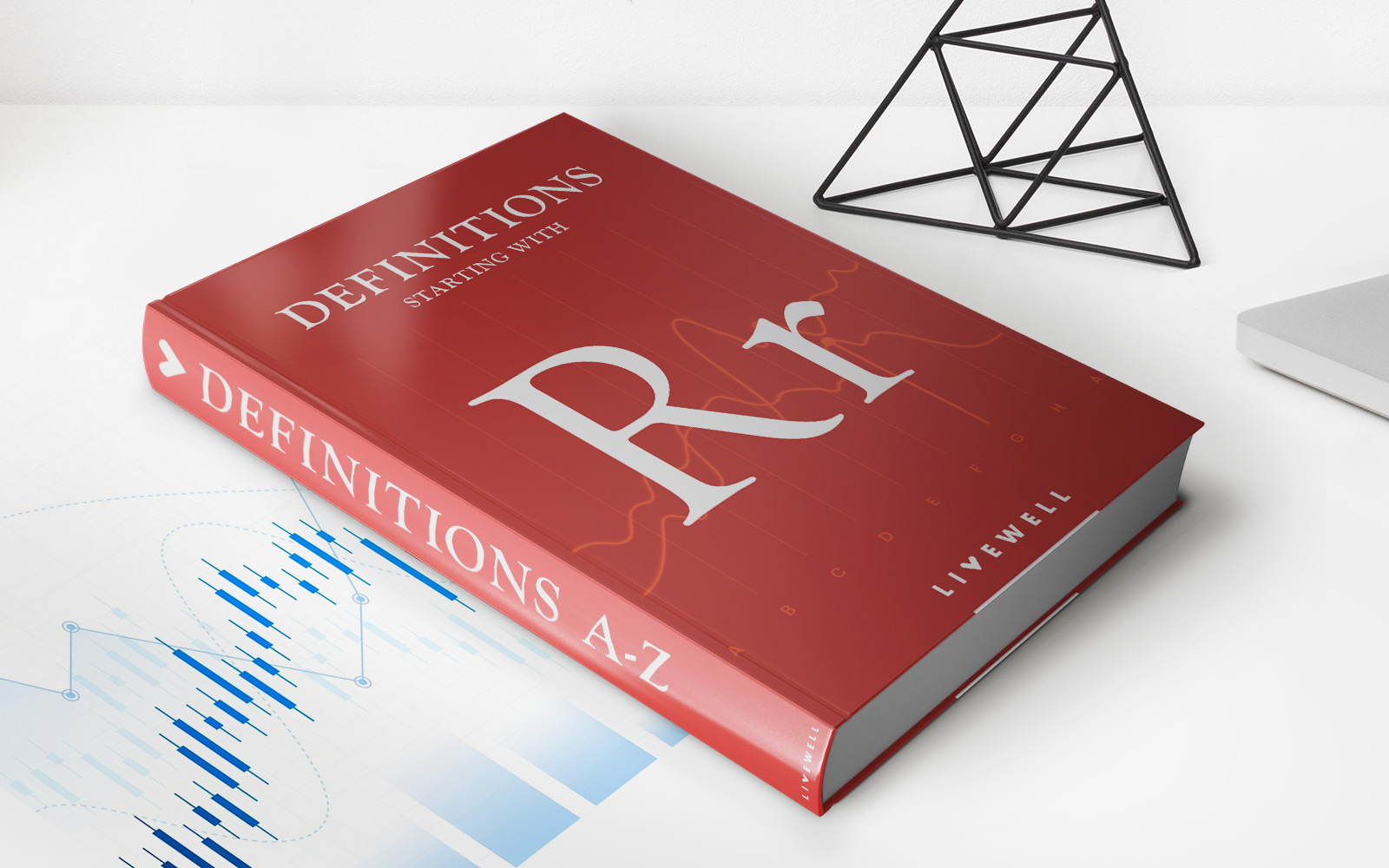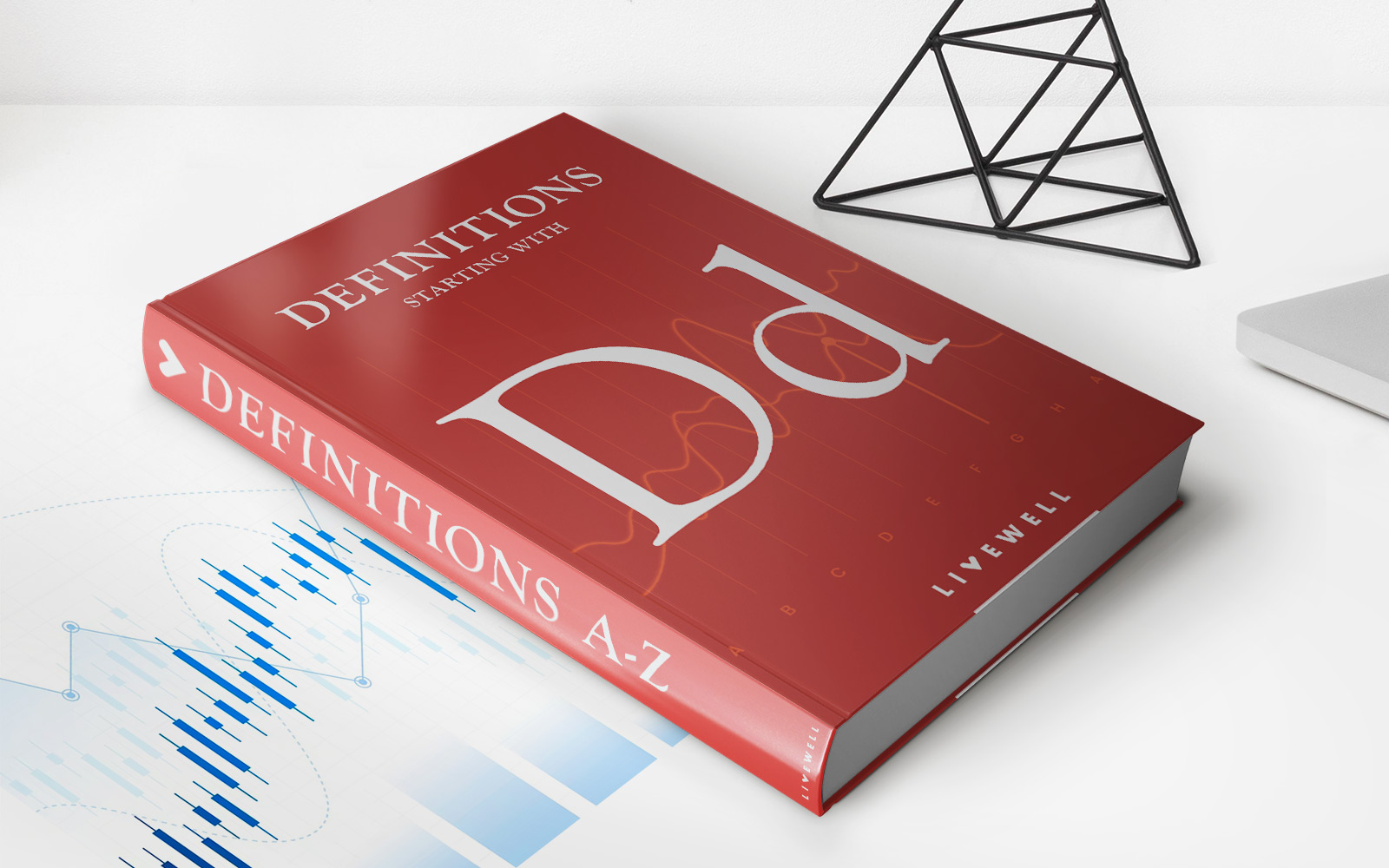Home>Finance>Escrowed Shares Definition, Types, And Examples
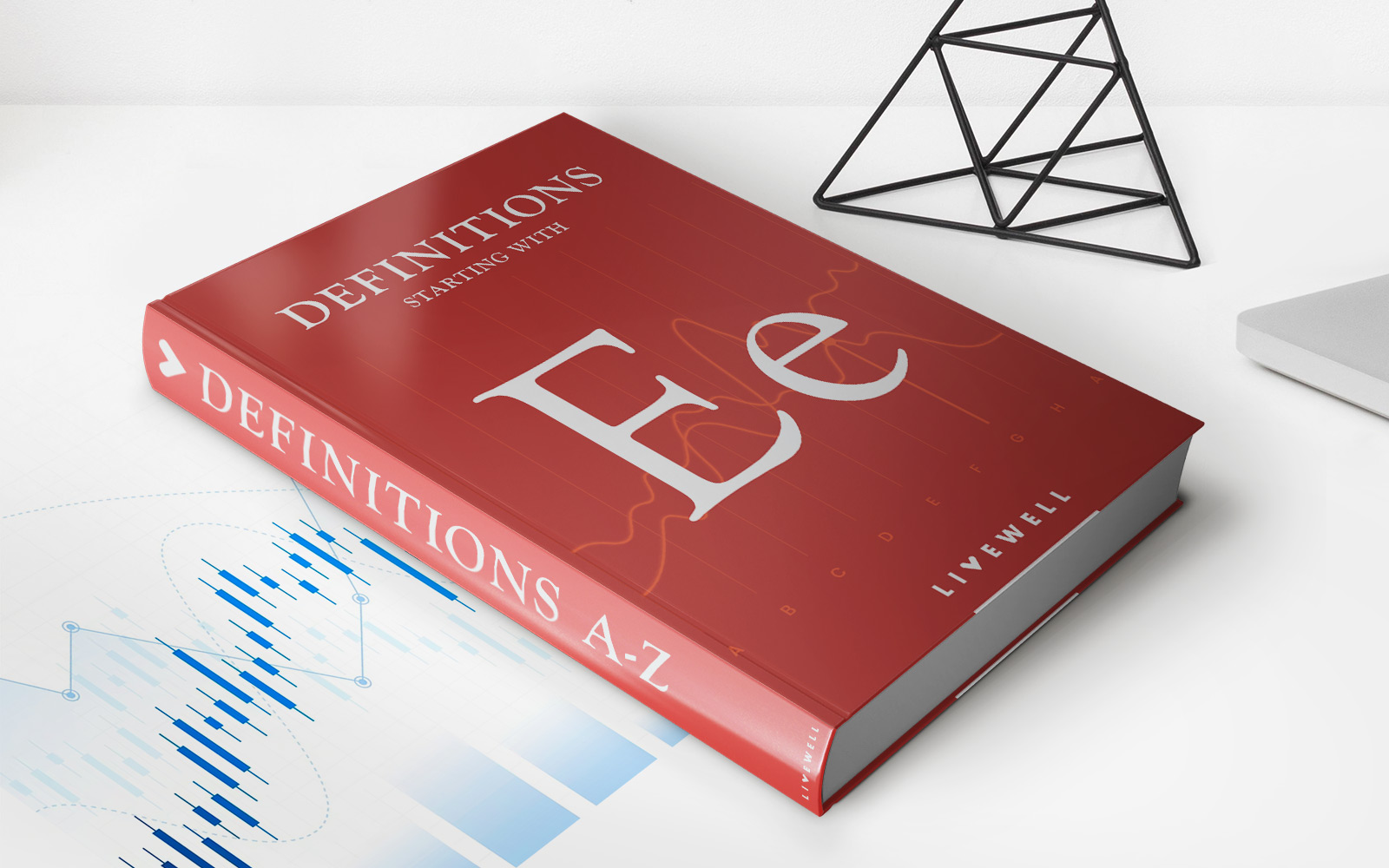

Finance
Escrowed Shares Definition, Types, And Examples
Published: November 19, 2023
Learn about escrowed shares in finance, including the definition, types, and examples. Understand how this concept plays a crucial role in various financial transactions.
(Many of the links in this article redirect to a specific reviewed product. Your purchase of these products through affiliate links helps to generate commission for LiveWell, at no extra cost. Learn more)
Escrowed Shares Definition, Types, and Examples
Welcome to our “FINANCE” category, where we dive into various financial topics to help you gain a better understanding of the complex world of money. In this blog post, we’re going to explore the concept of escrowed shares – what they are, the different types available, and provide examples to illustrate their practical application.
Key Takeaways:
- Escrowed shares are a type of shares held in an escrow account until specified conditions are met.
- Escrowed shares can provide security to investors, employees, and stakeholders.
What are Escrowed Shares?
Escrowed shares refer to a specific class of shares that are held in an escrow account by a third party until certain pre-defined conditions are satisfied. These conditions often include events such as completing a merger or acquisition, achieving specific performance milestones, or meeting regulatory requirements. The purpose of placing shares in escrow is to provide a level of security and trust for all parties involved.
Types of Escrowed Shares
Escrowed shares can take various forms, depending on the specific circumstances and requirements of the parties involved. Here are three common types of escrowed shares:
- Founders’ Shares: Founders’ shares are commonly placed in escrow during the initial public offering (IPO) process. Typically, a portion of the founders’ shares is held in escrow to ensure the founders’ commitment to the long-term success of the company. These shares are released in stages or upon the achievement of specific goals.
- Employee Stock Options: Many companies offer stock options as part of their compensation packages to incentivize employees. In some cases, these stock options are subject to escrow conditions, such as vesting periods. This strategy helps align the interests of employees with the long-term growth and success of the company.
- M&A Transactions: Escrowed shares are commonly used in mergers and acquisitions (M&A) deals to protect the interests of both buyers and sellers. A portion of the shares may be placed in escrow to safeguard against any potential breach of warranties or other undisclosed liabilities that may arise post-transaction. If the specified conditions are not met, the escrowed shares can be used to compensate the affected party.
Examples of Escrowed Shares
Let’s take a look at a couple of real-world examples to illustrate the practical application of escrowed shares:
- Example 1: Company A acquires Company B for $10 million. As part of the deal, 10% of the purchase price is held in escrow for a period of one year. During this period, if any undisclosed liabilities surface or certain financial targets are not met, the escrowed funds may be used to compensate Company A.
- Example 2: Startup X goes public through an IPO. To ensure the founders’ commitment to the long-term success of the company, 25% of their shares are placed in escrow for a period of five years. In year three, if the company achieves a specific revenue milestone, a portion of the escrowed shares are released to the founders.
These examples demonstrate how escrowed shares play a vital role in providing security and mitigating risks associated with various financial transactions.
Conclusion
Escrowed shares are an essential tool in the world of finance, providing security to investors, employees, and stakeholders. By understanding the definition, types, and examples of escrowed shares, you can navigate complex financial transactions with confidence. Whether you’re a founder, an employee, or part of a merger or acquisition, escrowed shares help ensure fairness, transparency, and accountability for all parties involved.

